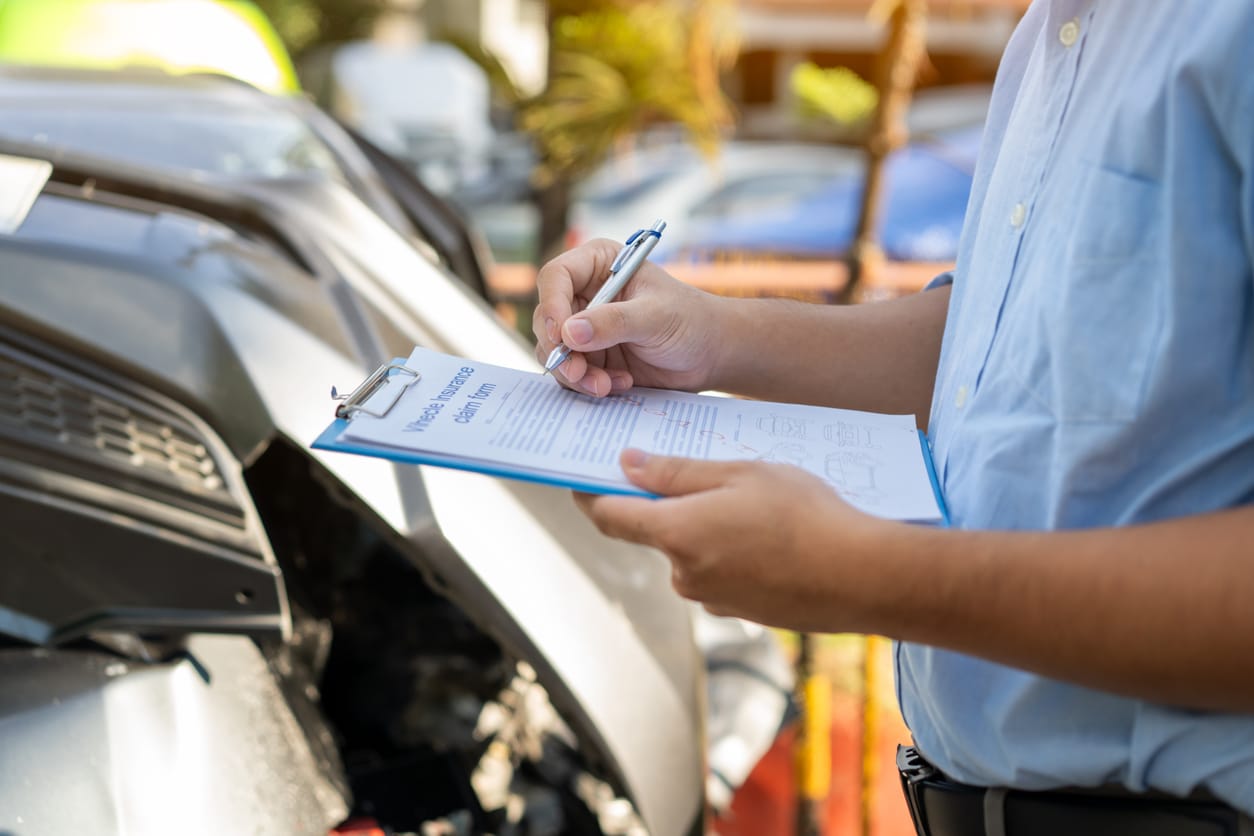Acting Quickly After a Truck Accident Is Critical
Experiencing a motor vehicle accident is never a thrilling event. Even minor incidents can result in major headaches. Unfortunately, problems for those involved in big truck accidents are often far more serious. These collisions frequently lead to severe injuries, so if you’re involved in one, knowing how to navigate insurance claims for commercial truck accidents is vital.
Regardless of the circumstances of your case, acting quickly is absolutely critical. For one, there’s often a statute of limitations for filing a personal injury claim – sometimes as short as one year. Procrastination also makes it easier for liable parties to avoid responsibility. Evidence gets lost, witness memories fade, and the wheels of justice start moving slower.
There are important things you should know to ensure this doesn’t happen to you.
Identify Liable Parties
If you’re involved in a big rig accident, you may think it’s easy to assign blame. After all, a truck driver caused you harm – so doesn’t that mean they’re liable for your injuries? While this is true in many cases, the simple fact is that collisions involving tractor-trailers are often far more complex than other cases. Liability sometimes isn’t as clear as we might hope.
For instance, what if a truck crashes due to faulty brakes? What if the trucking company hired someone with a drunk driving conviction? Here is just a short list of parties that may be fully or partially liable for a big rig collision:
- Truck driver
- Trucking company
- Vehicle manufacturer
- Cargo loaders
- Maintenance companies
- Equipment manufacturers
- Establishments that serve drunk truck drivers
- Local governments who fail to upkeep streets
- Other passenger vehicle drivers
This list might seem pretty extensive, but it’s by no means exhaustive. However, determining responsibility for your collision is the first critical step in navigating insurance claims for commercial truck accidents. You need to know who is liable for your injuries and losses so you know where to file your insurance claim.
Identify Relevant Insurance Policies
Once you have an idea of who’s at fault for your accident, it’s important to understand which insurance policies are relevant. Unfortunately, there are typically many policies to consider when liability issues are this complex. However, identifying the relevant insurers will help you better target your personal injury claim and understand what type of compensation you’re entitled to.
For instance, there’s a chance you could target the truck driver’s personal insurance coverage. However, doing so often doesn’t lead to positive results since these drivers have limited coverage while behind the wheel of their big rig. However, American trucking companies are federally required to carry a minimum of $750,000 in liability insurance.
Depending on your coverage, your own policy may also come into play – particularly in instances where liability isn’t clear or a truck driver has no insurance. It’s understandable if this all seems a bit confusing to you. Injury and insurance law are complex issues. That’s why it’s advisable to reach out to an attorney when navigating insurance claims for commercial truck accidents.
Gathering Evidence
From minor car accidents to the most serious tractor-trailer collisions, your ability to recover compensation will depend on the evidence available. The simple fact is that insurance companies want to pay out as little as possible. If you hope to get a fair settlement, the insurer needs to be convinced that the available evidence would prove them liable in court.
To maximize your insurance claim, you’ll want to gather as much of the following evidence as possible:
- Police accident report
- Photographs and videos of the scene
- Witness statements
- Electronic Logging Device from the truck
- Maintenance records from the truck
- Medical records that document your injuries, treatments, and medical expenses
- Expert testimony (e.g., accident reconstruction experts)
These pieces of evidence can prove critical when navigating insurance claims for commercial truck accidents. You’ll need to prove that the liable party’s negligence was a contributing factor to your accident and resulting losses. While all this evidence is helpful, it may still be possible to secure a fair insurance settlement even when it’s not available.
Speak with a personal injury attorney to learn all your options.
Be Ready to Negotiate
There are many times in life when it’s easy to determine the value of something. For instance, you can go online right now and find out the value of a new car, the cost of certain surgeries, or how much a collectible is valued at. However, it’s not always easy to determine the value of an insurance claim. That’s why settlement negotiations will sometimes be necessary.
It’s important to be very careful during this process. Always remember that insurers will pay out as little as they possibly can. They’ll try to minimize the value of your claim, convince you that you’re partially at fault, and use other deceptive tactics to reduce their financial responsibility. This is why you should always have a full understanding of your damages.
When navigating your truck accident insurance claim, start by identifying all the losses you’ve suffered. This calculation should include property damage, medical expenses, lost wages, and even non-economic damages such as emotional distress. Clearly, this can be difficult to calculate. That’s why no one should begin negotiations without first speaking to a lawyer.
Be Ready for Potential Litigation
It’s an unfortunate fact of life, but insurance companies will not always be fair to injury victims. They may try to run out the clock on the statute of limitations, or they might trick you into admitting fault so that comparative negligence rules will minimize your potential recovery. Fortunately, you’re not required to accept a settlement from the insurer.
One of the most important factors to consider when navigating commercial truck accident insurance claims is the potential for litigation. The fear of litigation may convince insurers to offer a fair settlement, but when this fear isn’t enough, suing in a court of law may be necessary to recover fair compensation.
In most cases, litigation will result in a larger financial recovery. However, you should always start by speaking with an attorney — regardless of whether you want a settlement or to file a personal injury claim. At Landgrave Garcia Injury Attorneys, our dedicated team is here to help. Contact us at 337-242-7604 for your free consultation today.



